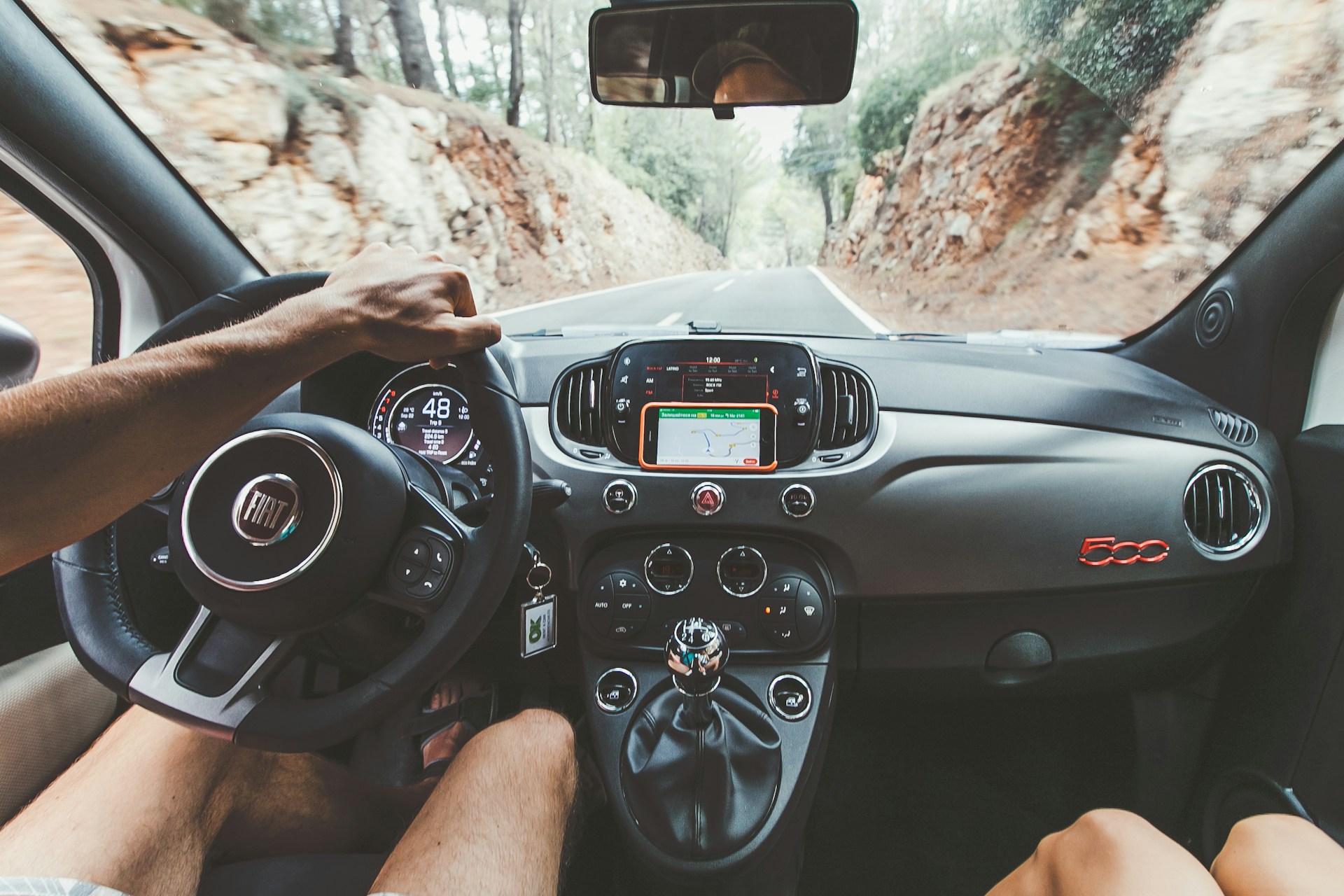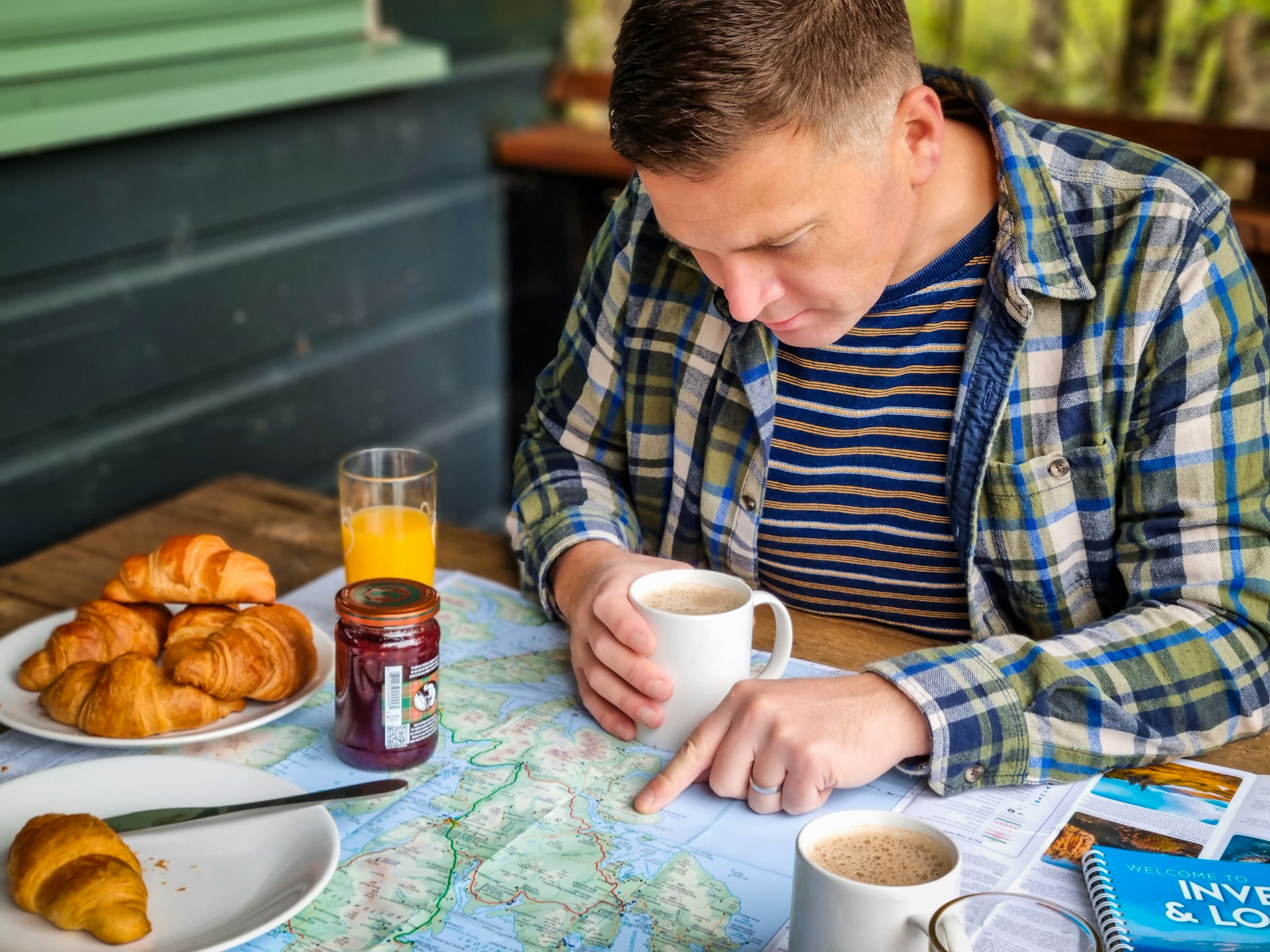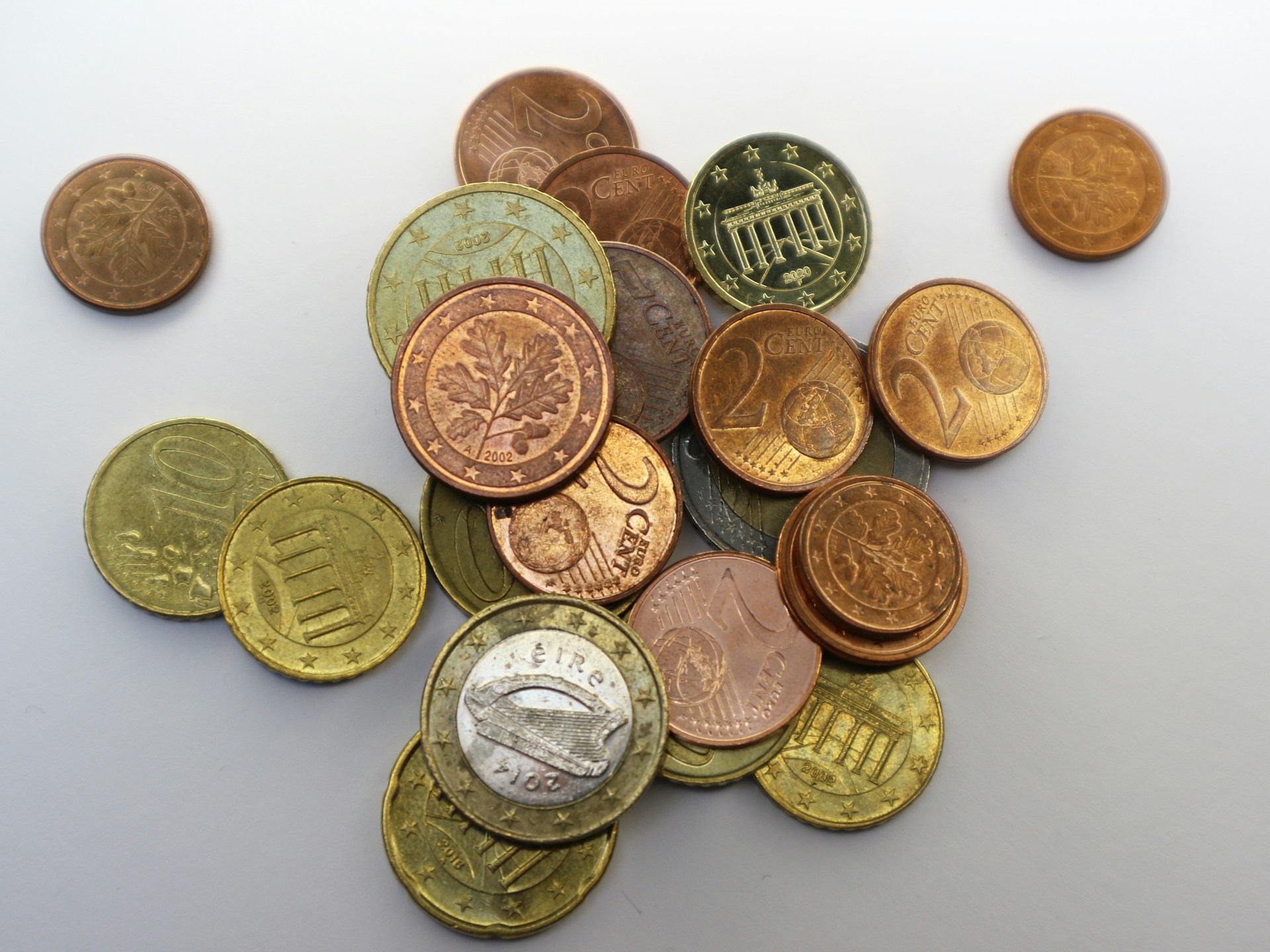Are you planning on driving when you reach your next vacation destination?
Many travelers opt to drive their own vehicles to avoid the complicated process of hiring a car and the eyewatering fees that come with it. It also allows travelers to enjoy a sense of autonomy at their destination and not be at the mercy of confusing public transport or private taxis.

However, while driving can make perfect sense, it's easy to be put off by the anxiety of navigating new roads, not forgetting the different road laws, rules, and signage. It's easy to think that driving overseas isn't for everyone, but with the right attitude, knowledge, and confidence, you'll wonder why you didn't try it sooner.
In this article, we'll explore some effortless tips to ensure every journey you take by car is a serene one. Read on to find out more.
Table of Contents
International Driving Tips
Remember Your Insurance
Auto insurance is essential for driving anywhere in the world, so you'll need to explore your options before you drive overseas.
And while adding overseas comprehensive cover to your policy can feel like a considerable expense, it's worth remembering that you can easily compare car insurances online to find the right policy at the right price.
Remember, if you're involved in an accident, it's essential to keep calm and contact the police and your insurance company as soon as possible. You should also take down the other driver's details and take photographs of the damage to both vehicles.
Do A Little Research
The more you know about driving on unknown roads, the more confident you'll feel and the less confused you'll be.
What are the road signs like at your destination, and what do they mean? Are there any laws you need to be aware of that you're unfamiliar with? Which side of the road should you be driving on?
Remember that overtaking while on the opposite side of the road can be a little disconcerting, especially in a right-hand drive vehicle. Conduct as much research as possible to boost your confidence.
Check out these research suggestions for driving in a new country:
- Traffic Rules/Regulations: You'd be amazed at how much traffic laws differ from country to country. Ensure you understand the speed limits, road signs, and the habits of local drivers – their driving style may be a little surprising.
- Paperwork and License: What kind of license do you need to have permission to drive in your chosen location? And is it valid? Are you required to have an IDP (International driving permit)? All these are important factors you'll need to research before traveling.
- Road Conditions: Do the road conditions vary throughout your chosen destination? Will you be mostly driving on highways or through winding village roads? Is traffic bursting at the seams, or are facilities like gas stations and breakdown covers hard to come by? Understanding your driving conditions can help you feel prepared for any scenario.
- Fuel and Gas Availability: As mentioned above, knowing where you can access fuel and gas is important. So, check your planned driving route and anywhere else you intend to drive, and ensure you can fuel up if necessary.
Plan Your Routes

Are you driving straight to the hotel from the border? Where is the nearest car park to the beach?
If you're planning specific trips or routes, exploring the surrounding roads and familiarizing yourself with the most straightforward option makes sense. You can do this by heading to Google Maps and checking out the street views to get used to the location.
If you're planning to visit attractions or events, you may also find recommendations on travel and routes to take on the event website, so it's worth exploring for further information and peace of mind.
Emergency Contact Details
If you were involved in a traffic collision or needed help, would you know which number to call?
The emergency services number varies from country to country, so make sure you have a list written down in your vehicle and stored digitally in your smart device so that you can contact the local authorities no matter what happens. It's also a good idea to know local hospitals and pharmacies.
Learn Some Language Basics
You don't have to be fluent in the language of your destination, but getting to grips with some helpful phrases can give you the confidence to ask for help and get out of some potentially sticky situations. These simple phrases are an excellent place to start.
- Hello/Goodbye
- Thank you
- I need help.
- My car has broken down.
- Where is the nearest/hospital/car park/police station/gas station?
Remember, you can keep them written down or stored in a smart device if learning languages isn't your forte.
Always Have Some Loose Change

Did you know that many European roads still have tolls? And many of these tolls are cash only. Therefore, having a few coins in your purse or car can make your journey more manageable.
Any change you do use, make sure to replace it. You won't be limited to larger stores or outlets if you have plenty of change during your travels.
Cash makes smaller payments much more convenient, which means you can easily buy small trinkets from vendors at the side of the road, buy items from markets, and pay for food and drink, all while supporting the local economy with cash.
Interestingly, paying with cash also allows you to practice your money and language skills while traveling.
Final Thoughts
Driving abroad can be an incredible experience and opens up many other opportunities. You'll find yourself moving around like a local, practicing your language skills, and becoming familiar with driving habits and local road etiquette.
Although it may initially seem overwhelming, the tips above will help you hit the road with confidence and excitement. Happy travels!
_____
This story is brought to you in partnership with MoneyExpert.
Planning a trip? Go Backpacking recommends:
- G Adventures for small group tours.
- Hostelworld for booking hostels.
